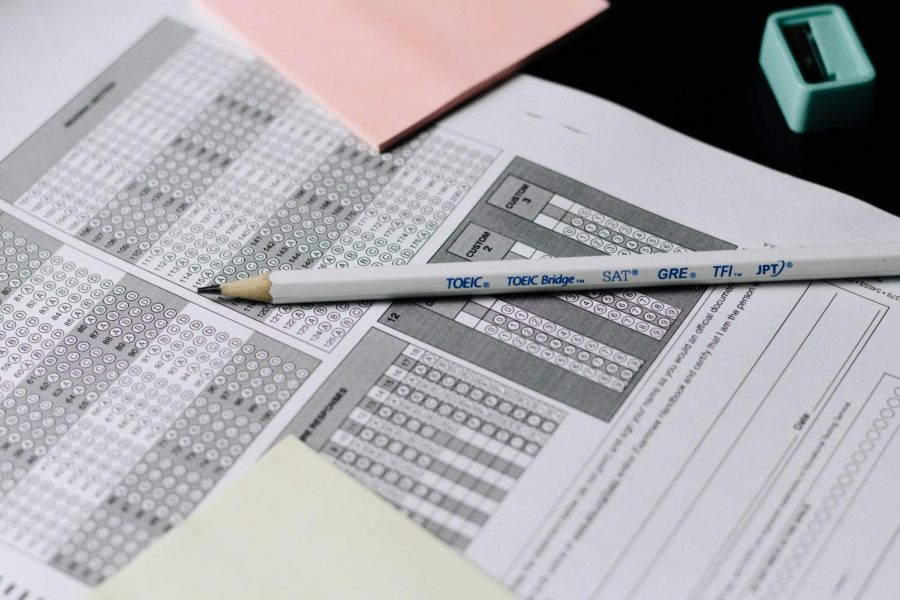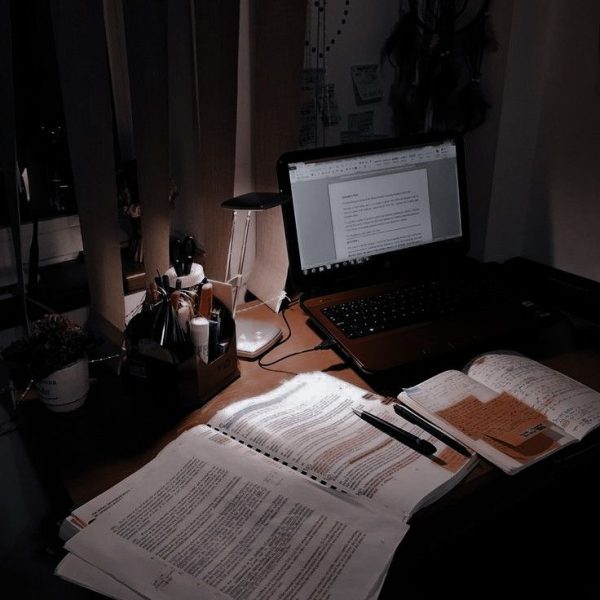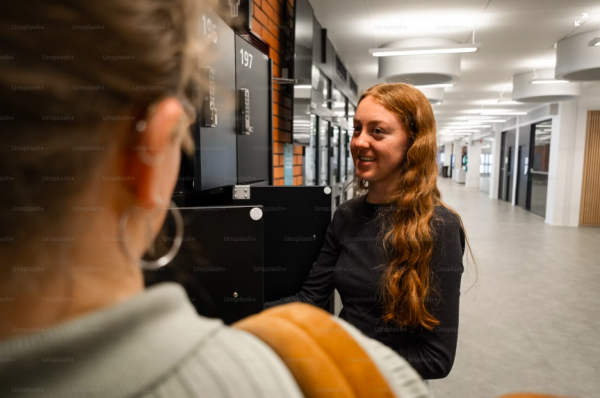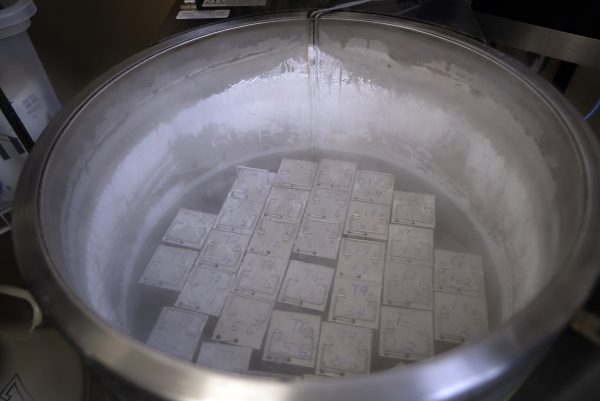Should Standardized Tests be Required in the 2020-2021 School Year?
March 10, 2021
On Monday, February 22nd, the Biden Administration announced that standardized tests will be required in the 2020-2021 school year under the Every Student Succeeds Act.
There is flexibility with this year’s assessments such as shorter online tests and/or extending testing dates into the summer and fall seasons. But is that enough accommodation to justify requiring standardized testing this school year?
Supporters of standardized testing argue there needs to be an assessment of learning loss that occurs with remote learning in the pandemic. Ian Rosenblum, an official with the federal department, wrote in a letter on February 22nd that, “state assessment and accountability systems play an important role in advancing educational equity.” The purpose of standardized testing is to keep educators and schools accountable for student performance, to evaluate students, identify learning gaps in individual students/certain demographics, and determine which policies work well in education settings. Standardized testing is a heavily debated subject and oftentimes does not serve its purpose. Do the costs outweigh the benefits of standardized testing amidst the Covid-19 pandemic?
Historically, standardized tests have been known to be a poor measurement of knowledge. The tests encourage memorization and test-taking skills rather than learning. The tests also narrow the curriculum and focus students on excelling in math and language arts, overall discouraging students from pursuing their own interests. Prior to the pandemic, there was a growing movement to remove standardized testing. In the “Understanding America Study” out of 9,000 parents, 64% supported exam suspension this school year, with a staggering 72% of Black parents in opposition.
It is estimated the U.S. spends $1.7 billion annually on standardized testing. Standardized testing is overwhelmingly expensive, and with the projected testing accommodations this number will skyrocket. Taxpayer money could be better spent if it was focused on improving school equity this year instead of testing it with updated supplies, teacher funding, and student counseling. Alternatively, money could be spent on improving current circumstances such as funding Covid-19 testing and vaccination to accelerate the process of opening schools and catch up students at a disadvantage.
The Federal Government has clear opinions stressing the need for standardized testing to evaluate inequity but has not established how they aim to improve the inequity present.
It’s important to note that students are in desperate need of mental health support. Many students in their late years of high school and college feel uncertainty about their future. There are higher rates of suicidal thoughts, anxiety, and depression with less access to mental health services. Many students feel disconnected from their peers and are currently withdrawing from school. It’s important to take into consideration a student’s well-being before their test-taking skills.
Even if tests are used to improve education equity, how accurate will testing be this year? Some students are facing unfit environments with family distractions, shared computers, and Wi-Fi issues. The inequity of testing environments will invariably impact testing results. Testing will predict what we already know to be true: poor and minority groups are the most affected by the pandemic. These demographics do not have equal access to resources, and it’s not necessary to administer $1.7 billion dollars worth of inaccurate tests to confirm this.




















